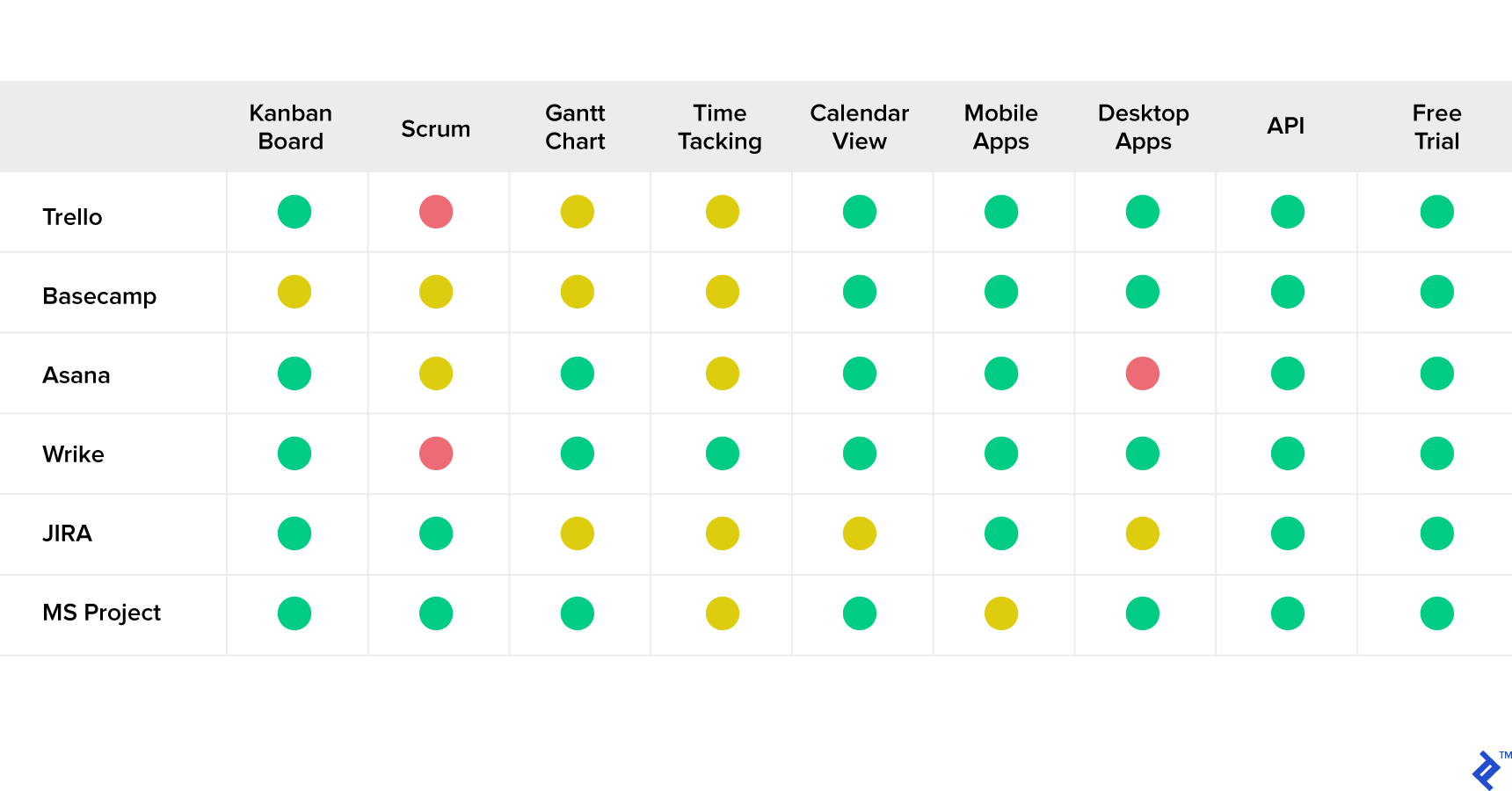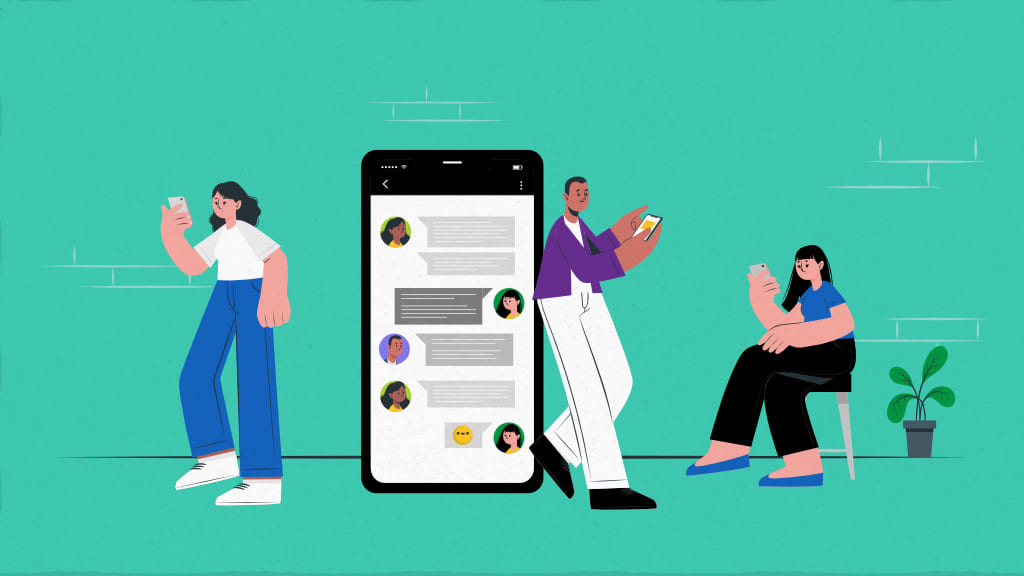In today's fast-paced business environment, integrating Artificial Intelligence (AI) into team workflows is becoming essential. As organizations strive for efficiency, productivity, and collaborative synergy, AI tools have emerged as invaluable allies. They streamline communication, enhance decision-making, and automate routine tasks, creating an environment where teams can thrive. You may wonder how AI is transforming your team dynamics. What tools are most effective for project management? How much time can these solutions save? And can they truly support real-time collaboration? This article aims to address these questions, illustrating how AI is reshaping collaboration and productivity in modern workplaces.
As you read, expect a detailed exploration of AI-powered tools backed by real-world examples of their effectiveness. With case studies from various industries, particularly the tech sector, we will reveal the tangible benefits of adopting AI technologies. From increasing productivity to redefining job roles, this discussion will provide you with the insights needed to navigate the shift in team dynamics brought about by AI integration.
By the end of this article, you will have a clearer understanding of how AI can elevate your organization’s collaboration and operational efficiencies.
How is AI Transforming Team Collaboration Dynamics?
To fully grasp the impact of AI on team dynamics, we first need to define what team dynamics means in today's business context. Team dynamics encompass the relationships and interactions among team members that influence how effectively they work together. As organizations evolve, so do the methods and tools that facilitate collaboration. AI optimizes these workflows by streamlining communication, enhancing data processing, and enabling more strategic decision-making.
AI technologies, such as machine learning algorithms, help identify patterns in team interactions, allowing for personalized communication strategies. For instance, research from Canadian Tire Corporation indicates that employees can save up to 30 to 60 minutes daily by using AI tools. Additionally, implementing GitHub Copilot led to a twofold increase in productivity while cutting rework efforts by half.
These advancements demonstrate that AI not only streamlines workflows but also fosters a more organized, responsive, and engaged team culture. By leveraging these technologies, organizations can enhance their collaborative frameworks, creating a more productive and innovative workforce.
An infographic illustrating the impact of AI on team collaboration efficiency and productivity metrics (Source: Superteams)
Identifying the Best AI Tools for Team Management
The market is filled with AI tools designed to enhance project management and team collaboration. To select the right tools for your organization, it's important to understand their features and how they can support your unique workflow needs. Some effective tools include Microsoft 365 Copilot, GitHub Copilot, and Asana.
Microsoft 365 Copilot automates routine tasks and simplifies content creation, allowing teams to focus on high-priority goals. A case study from Mphasis shows that implementing Microsoft 365 Copilot helped them save 989 hours on routine tasks within just four weeks. Similarly, Paytm reported a productivity boost of 30 to 40 minutes per employee each day after introducing this tool.
On the other hand, GitHub Copilot has been proven to accelerate development cycles at organizations like Noventiq, where it contributed to a 20% increase in developer productivity while also reducing costs. Understanding these tools' features will help you choose the right solution to optimize your team's workflows, enhancing collaboration and efficiency.
 A comparison chart showcasing various AI tools for project management, highlighting their features and benefits (Source: Toptal)
A comparison chart showcasing various AI tools for project management, highlighting their features and benefits (Source: Toptal)
Understanding Time Savings with AI in Project Management
One of the most immediate advantages of implementing AI in project management is the significant time savings realized. AI tools not only automate repetitive tasks but also enhance overall efficiency, allowing teams to allocate their time toward more strategic initiatives.
Research indicates that companies using AI, such as Physics Wallah, saved approximately 715 hours by automating tasks. This equates to the output of nearly four full-time employees. Furthermore, GitHub Copilot has demonstrated a remarkable 50% reduction in rework efforts, enabling teams to concentrate on what truly matters.
These successful implementations reflect not just time savings but also how AI integrates into daily processes, improving overall productivity. By using real-world case studies, you can evaluate how AI tools can streamline your team's project completion timelines.

Can AI Enhance Real-Time Team Collaboration?
Real-time collaboration is essential for any team's success, enabling effective communication and rapid innovation. The evolution of communication technology has brought forth AI tools that foster this real-time synergy among team members, regardless of their geographical locations.
AI bridges communication gaps by providing continuous feedback, data analytics, and automated insights—all in real-time. Tools like ChatCTC have shown impressive results, saving corporate employees between 30 to 60 minutes a day, highlighting AI's ability to facilitate quicker decision-making processes. Microsoft 365 Copilot also enables users to see productivity gains and improved task completion rates.
In a world where adaptation and efficiency are paramount, leveraging AI for enhanced real-time collaboration is critical for driving innovation and achieving business goals. The capacity to make informed decisions swiftly, as facilitated by AI, ensures that teams remain competitive and responsive to market demands.
 An illustration showing real-time collaboration tools in action, demonstrating their role in enhancing teamwork (Source: Proofhub)
An illustration showing real-time collaboration tools in action, demonstrating their role in enhancing teamwork (Source: Proofhub)
AI's Impact on Existing Team Dynamics and Roles
The introduction of AI into team workflows results in a shift in job roles and dynamics. As AI automates more routine tasks, team members are transitioning into roles that require higher-level decision-making and strategic thinking.
According to research, 46% of healthcare executives believe that AI will create more job opportunities rather than displacing current roles. This transition reflects a broader trend across various sectors, as professionals adapt their skill sets to meet the demands of an AI-driven environment. Teams now require skills that complement AI, such as critical thinking and effective collaboration.
However, this shift can also present challenges, including resistance to change and the need for comprehensive retraining. Consequently, organizations should develop clear strategies to support their teams through this transition, facilitating a smooth integration of AI into daily workflows.
 A chart indicating the changes in job roles and required skills due to AI integration (Source: Fast Company)
A chart indicating the changes in job roles and required skills due to AI integration (Source: Fast Company)
Navigating Ethical and Compliance Challenges with AI Implementation
As the use of AI technologies grows, addressing ethical considerations and compliance challenges is increasingly important. AI systems can inadvertently propagate biases, particularly in decision-making, which can affect fairness in hiring and workplace dynamics.
Research highlights that 73% of professionals believe AI will disrupt employment rates across many industries. To navigate these challenges, it is essential to implement AI tools that promote transparency and accountability. Regular audits of AI systems can help identify and mitigate biases, ensuring fair and equitable decisions.
Moreover, a proactive approach toward data privacy and security is vital, especially in sectors that manage sensitive information. Organizations must stay updated on regulatory changes and ensure compliance with all data protection laws. By fostering a culture of ethical AI use, organizations can protect their reputations and build trust among employees.
 An infographic outlining the ethical considerations and compliance challenges relevant to AI implementation in business settings (Source: Codemotion)
An infographic outlining the ethical considerations and compliance challenges relevant to AI implementation in business settings (Source: Codemotion)
Conclusion
AI is reshaping team dynamics by enhancing collaboration, streamlining workflows, and transforming traditional job roles. As business leaders and project managers, understanding the nuances of AI integration is crucial for maintaining a competitive advantage in today's rapidly evolving landscape.
By leveraging AI tools effectively, you can save time, reduce repetitive tasks, and foster an environment that thrives on real-time collaboration. However, adopting these technologies comes with responsibilities, including addressing ethical concerns and compliance challenges. A clear understanding of these principles and a commitment to continuous improvement will help you successfully guide your teams through the transformative impact of AI on collaboration and productivity.
Through the strategic adoption of AI-driven workflows, you position your organization for success and empower your teams to reach their full potential, ultimately leading to meaningful business outcomes.

Comentários (0)
Entrar para participar da discussão ou .